Many famous men and women have been civil servants:
- William Chaucer was an official in the Customs department.
- John Milton was an official working on correspondence with foreign countries.
- Samuel Pepys was Secretary of the Admiralty.
- William Wordsworth was a distributor of stamps for the county of Westmorland.
- Rabbie Burns was an Excise Officer.
- Anthony Trollope was a surveyor in the Post Office.
A separate section of this website provides information about a number of impressive and ground-breaking women civil servants.
I enjoyed learning about Guy Fleetwood Wilson who was a civil servant in the late 1800s and early1900s. He wrote his very readable and interesting memoirs in the form of Letters to Somebody in 1922. More detail is here.
This rest of this web page contains information about interesting and characterful, post-war, senior civil servants who have acted as strong and positive role models for me and/or others. It is a very personal selection, but I would be glad to receive suggestions for further names or material that might be added to these pages.
Anthony Part was born in London in 1916. He survived being knifed whilst in the United States to become a very modernising senior civil servant. He appreciated that 'the administrative class spends most of their time initiating or implementing change' and valued professional colleagues such as architects as well as recognising the need to build strong relationships with those outside central government, for instance in the private sector and local government. He had what he described as 'a lonely and stressful time' as Permanent Secretary in the Department of Industry, reporting to Tony Benn, before retiring in 1976. More detail is here.
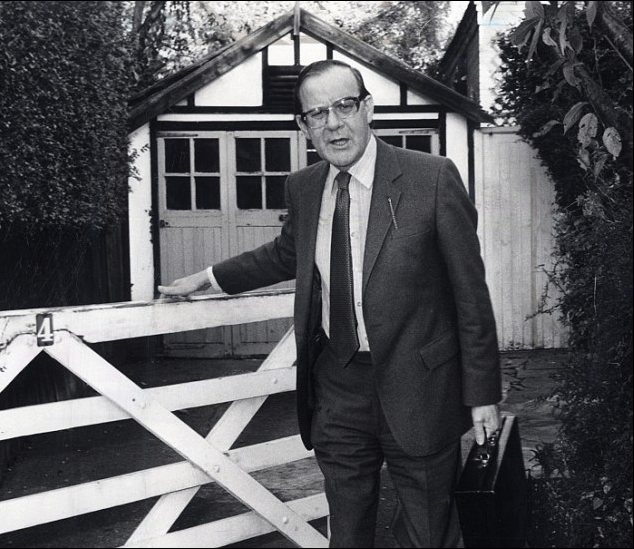 Ian Bancroft was born in Barrow-in-Furness in 1922 and served in the British Forces during the Second World War before joining the Civil Service and rising to become Head of the Civil Service from 1978 to 1981. He was notable for being as interested in management as in policy. He was also a very good war poet. More detail, and a link to some of his poetry, is here.
Ian Bancroft was born in Barrow-in-Furness in 1922 and served in the British Forces during the Second World War before joining the Civil Service and rising to become Head of the Civil Service from 1978 to 1981. He was notable for being as interested in management as in policy. He was also a very good war poet. More detail, and a link to some of his poetry, is here.
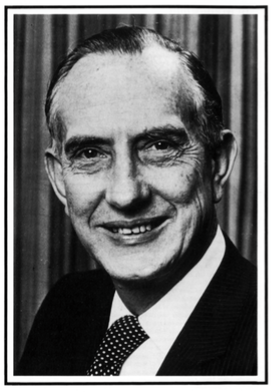 Anthony Rawlinson was born in Oxford in 1926, the only son of a future Bishop of Derby. He rose through the civil service to become Second Permanent Secretary in the Treasury tasked, from 1977 to 1983, with reversing what appeared to be a remorseless tide of rising public expenditure, a task which he carried out with determination tempered by good judgement. He then became Permanent Secretary at the Department of Trade and Industry. But he was an even more distinguished mountaineer. Michael Westmacott later recalled a 1951 fall on Ben Nevis which could easily have killed them both. Anthony survived to make many classic climbs in the Alps and became President of the Alpine Society before being killed in a fall on Snowdon in 1986. More detail is here.
Anthony Rawlinson was born in Oxford in 1926, the only son of a future Bishop of Derby. He rose through the civil service to become Second Permanent Secretary in the Treasury tasked, from 1977 to 1983, with reversing what appeared to be a remorseless tide of rising public expenditure, a task which he carried out with determination tempered by good judgement. He then became Permanent Secretary at the Department of Trade and Industry. But he was an even more distinguished mountaineer. Michael Westmacott later recalled a 1951 fall on Ben Nevis which could easily have killed them both. Anthony survived to make many classic climbs in the Alps and became President of the Alpine Society before being killed in a fall on Snowdon in 1986. More detail is here.
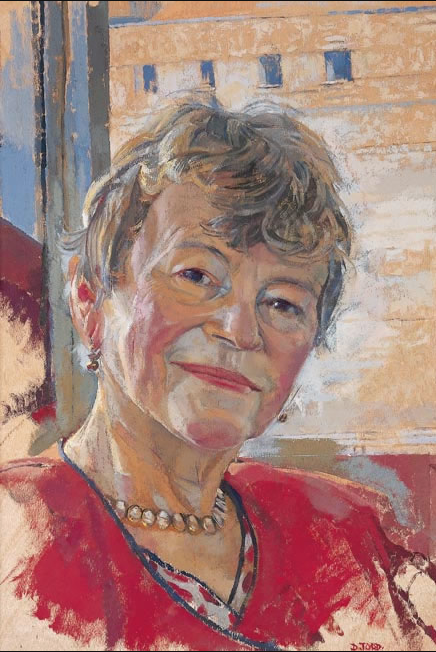 Anne Mueller was born in Mumbai in 1930, and educated in Yorkshire after her family fled to the UK at the beginning of the Second World War. This disruption of her family life, and the obvious difficulties for a young girl coming as a stranger with a German name into an English school was, Anne remarked, 'character-forming'. She joined the civil service straight from university and specialised in employment, technology and industrial policy before joining the Treasury as Second Permanent Secretary. More detail is here.
Anne Mueller was born in Mumbai in 1930, and educated in Yorkshire after her family fled to the UK at the beginning of the Second World War. This disruption of her family life, and the obvious difficulties for a young girl coming as a stranger with a German name into an English school was, Anne remarked, 'character-forming'. She joined the civil service straight from university and specialised in employment, technology and industrial policy before joining the Treasury as Second Permanent Secretary. More detail is here.
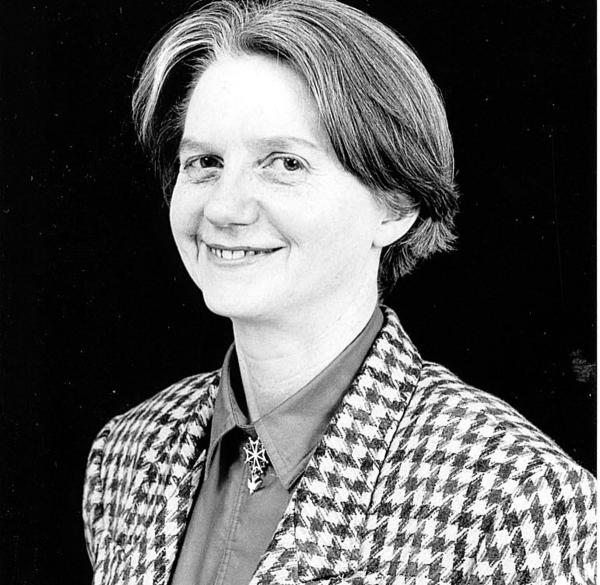 Catherine Hughes was born in County Durham in 1933. She joined the Foreign Office where she was for a while a tough negotiator in East Berlin during the Cold War détente. She was regarded as somewhat too subversive to reach the top of the civil service and so retired to become Principal of St Hugh's College Oxford where she oversaw the admission of the first male students. More detail is here.
Catherine Hughes was born in County Durham in 1933. She joined the Foreign Office where she was for a while a tough negotiator in East Berlin during the Cold War détente. She was regarded as somewhat too subversive to reach the top of the civil service and so retired to become Principal of St Hugh's College Oxford where she oversaw the admission of the first male students. More detail is here.
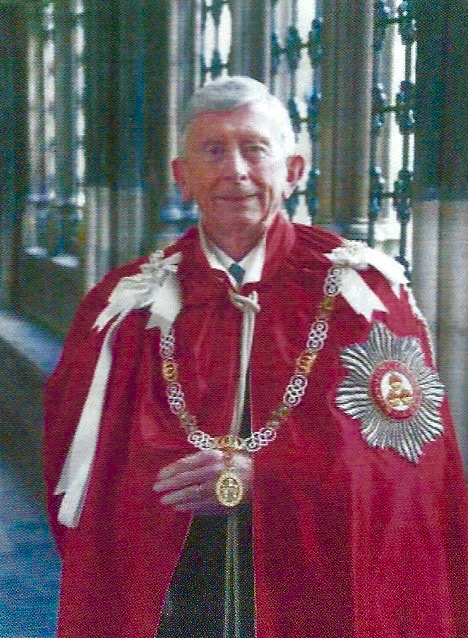 Peter Gregson was born in West Yorkshire in 1936. He might have embarked on an academic career but his university tutor wisely - Peter's own word - advised him to do so only if there was nothing else he was capable of. He then took the competitive examination for the civil service, and joined the Board of Trade in 1961, having first undertaken his two years compulsory National Service. He later said that he learned more about leadership and management in those two years than he did in the whole of his early civil service career. Perhaps with the benefit of this experience, he went on to become Permanent Secretary at the Department of Trade and Industry, having held down many demanding posts along the way. More detail is in Michael Scholar's perceptive eulogy delivered shortly after Peter died in late 2015, as well as in The Times obituary.
Peter Gregson was born in West Yorkshire in 1936. He might have embarked on an academic career but his university tutor wisely - Peter's own word - advised him to do so only if there was nothing else he was capable of. He then took the competitive examination for the civil service, and joined the Board of Trade in 1961, having first undertaken his two years compulsory National Service. He later said that he learned more about leadership and management in those two years than he did in the whole of his early civil service career. Perhaps with the benefit of this experience, he went on to become Permanent Secretary at the Department of Trade and Industry, having held down many demanding posts along the way. More detail is in Michael Scholar's perceptive eulogy delivered shortly after Peter died in late 2015, as well as in The Times obituary.
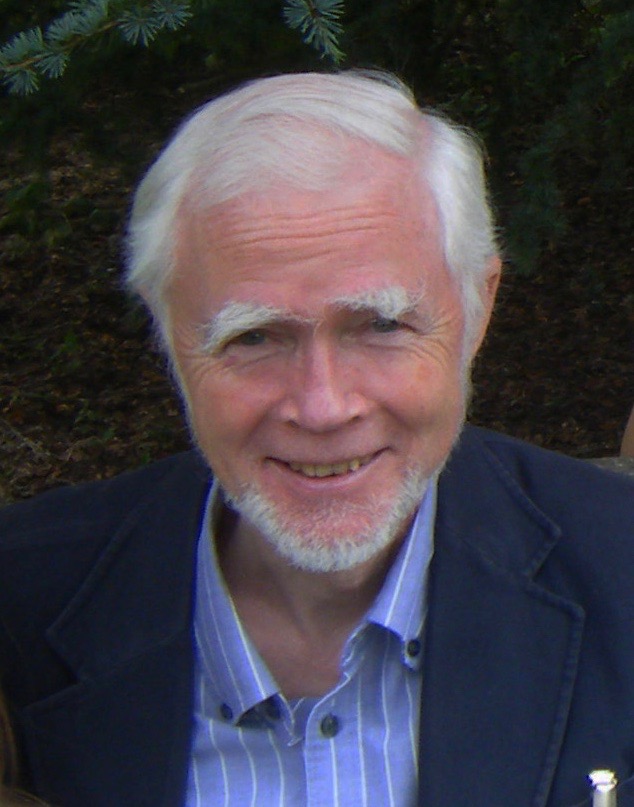 Robin Mountfield was born in Liverpool in 1939. He rose to become the Permanent Secretary in the Cabinet Office where he was the originator of 'joined up government'. He also drafted the Dogs Abolition Bill. His most enduring professional legacy is probably the Nissan car plant on Wearside and its two successors - the Toyota plant near Derby and Honda's plant near Swindon. Bob Dobbie's eulogy at Robin's funeral, and Lord (Peter) Hennessy's address at the subsequent memorial service, provide ample testimony to the esteem in which Robin was held both within and without the civil service.
Robin Mountfield was born in Liverpool in 1939. He rose to become the Permanent Secretary in the Cabinet Office where he was the originator of 'joined up government'. He also drafted the Dogs Abolition Bill. His most enduring professional legacy is probably the Nissan car plant on Wearside and its two successors - the Toyota plant near Derby and Honda's plant near Swindon. Bob Dobbie's eulogy at Robin's funeral, and Lord (Peter) Hennessy's address at the subsequent memorial service, provide ample testimony to the esteem in which Robin was held both within and without the civil service.
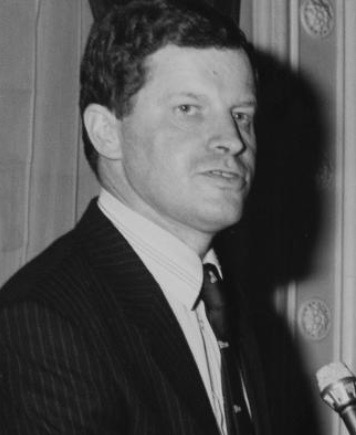 Alastair Macdonald was born in Twickenham in 1940. He joined the Financial Times in1963, working in both London and Washington. He joined the Department of Economic Affairs in 1968 and his career then took him to the Department of Trade and Industry where he led the team organising the 1982 'IT year' which introduced the 'BBC B' and other 'Micros in Schools'. He then went on to lead the British Telecom (BT) privatisation team before a spell in MoD and then back to DTI as the Director General overseeing industrial policy. He subsequently became a Civil Service Commissioner. His obituary is here.
Alastair Macdonald was born in Twickenham in 1940. He joined the Financial Times in1963, working in both London and Washington. He joined the Department of Economic Affairs in 1968 and his career then took him to the Department of Trade and Industry where he led the team organising the 1982 'IT year' which introduced the 'BBC B' and other 'Micros in Schools'. He then went on to lead the British Telecom (BT) privatisation team before a spell in MoD and then back to DTI as the Director General overseeing industrial policy. He subsequently became a Civil Service Commissioner. His obituary is here.